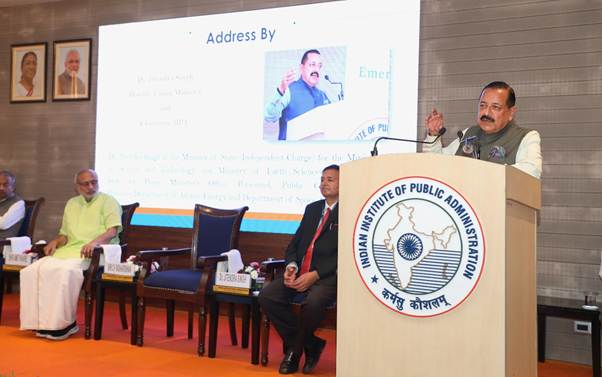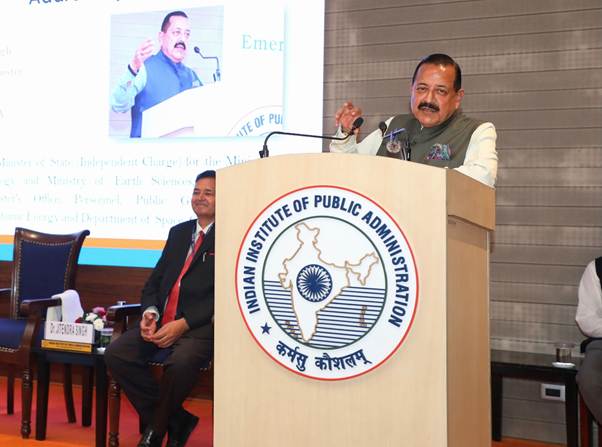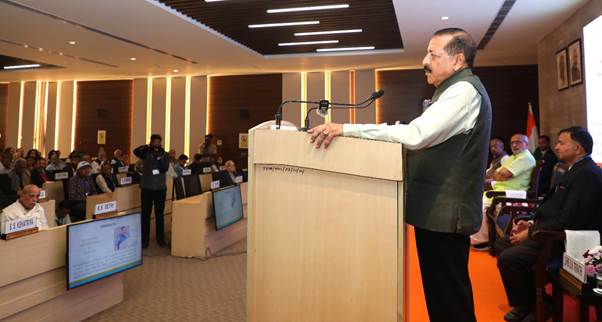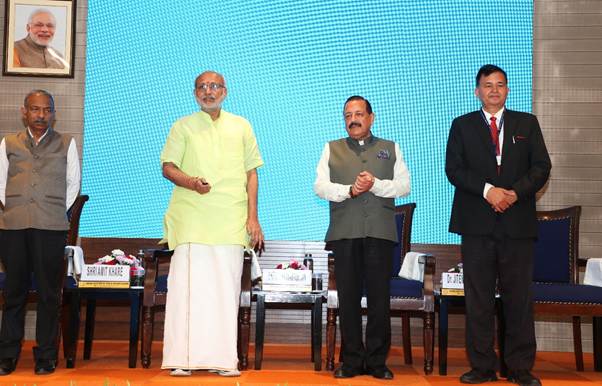The Indian Institute of Public Administration stands at the forefront of a quiet revolution in how India governs itself. Over the past decade, the institute has reshaped its core to support a system that values outcomes over rigid procedures. This change mirrors the broader push by the current administration to make public service more flexible and citizen focused.

A Complete Overhaul in Structure and Purpose
Structural changes began eleven years ago and continue to gather pace. What started as an organisation mainly for former bureaucrats has turned into a dynamic centre for learning and policy innovation. Today, it equips officials and citizens alike with skills needed for tomorrow’s challenges.
Dr Jitendra Singh, who leads the institute as its chairman, explained during the latest annual meeting that the old model no longer fits. The focus now lies on building capability rather than enforcing outdated norms. This shift has breathed new life into every corner of the campus and its programmes.
Modern Facilities for Modern Needs
New meeting rooms of various sizes dot the premises, each fitted with the latest audio-visual tools. These spaces host workshops, strategy sessions, and training modules without the hassle of outdated equipment. A dedicated digital studio, rare among government bodies, allows the creation of high-quality online content for nationwide reach.

Membership Opens to Fresh Voices
Gone are the days when only retired officers could join. The youngest members now are in their mid-twenties, bringing energy and new ideas. Serving civil servants, local councillors, defence personnel, and private sector experts all find a place here. This mix ensures discussions reflect real-world diversity.
Such inclusivity strengthens the institute’s ability to craft practical solutions. When elected representatives sit alongside corporate leaders, the exchange produces ideas that work on the ground. The result is governance that responds quickly to public needs.
Scrapping Legacy Rules for Trust-Based Systems
More than seventeen hundred obsolete regulations have been removed in recent times. Each deletion removes a barrier that once slowed down decision-making. The aim is simple: replace blind adherence to rules with accountability for results. Citizens benefit from faster services and clearer processes.
This cleanup forms part of a larger effort to build trust between government and people. Officials gain room to innovate while staying answerable for performance. The change marks a departure from the caution that once defined public administration.

Aligning with National Capacity Building Goals
The institute plays a direct role in flagship programmes like Mission Karmayogi. Through the iGOT platform, thousands of officials access tailored online courses. Topics range from ethical leadership to data-driven policy making. These efforts ensure that skills keep pace with evolving demands.
Technology underpins much of this work. Digital tools make learning accessible even in remote areas. Trainers use interactive modules to simulate real scenarios, helping participants think on their feet. The approach turns routine training into meaningful preparation.
Partnerships Bridge Public and Private Worlds
Collaborations with companies such as Tata Motors and Maruti bring fresh perspectives. Joint teams design modules that blend government priorities with industry efficiency. When public servants learn private sector best practices, service delivery improves noticeably.
These ties extend to universities and think tanks. Shared research produces insights that inform policy at the highest levels. The institute thus acts as a bridge, ensuring that governance draws from the widest possible pool of expertise.

Publications that Shape Future Thinking
Recent books from the institute tackle pressing themes. One volume explores people-centric approaches rooted in Indian experience. Another examines how artificial intelligence can advance social justice. These works combine time-tested principles with cutting-edge ideas.
Readers include students, policymakers, and practitioners. The publications spark debates and guide reforms across departments. They reinforce the institute’s role as a thought leader in administrative evolution.
Looking Ahead to Adaptive Governance
The journey continues toward a system that adapts swiftly to change. Performance, inclusion, and innovation form the guiding pillars. By preparing both individuals and institutions, the institute lays the groundwork for governance that truly serves the public.
Every step, from new facilities to broader membership, supports this vision. The transformation at IIPA reflects a larger national story of renewal and responsiveness. As India grows more complex, such centres will prove vital in steering the way forward.
The annual gathering underlined this commitment. With the Vice President presiding, members witnessed firsthand the energy driving these changes. The message was clear: the institute stands ready to lead the next phase of administrative excellence.
